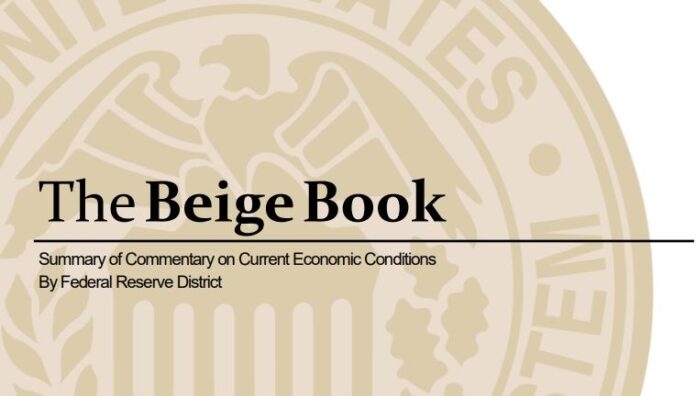PROVIDENCE – Economic activity in New England slowed “markedly” from March into April, as expected, with certain sectors hit worse than others, the Federal Reserve’s Beige Book said on Wednesday.
The regularly published report surveys business contact from around the country and reports economic activity by region. Information was collected on or before April 6.
Most of the Federal Reserve’s responding retailers in New England reported closed stores and a significant sales drop in recent weeks. Some retailer respondents reported a decline in online sales, while others reported sharp increases.
The region’s tourism was also said to plummet amid the COVID-19 pandemic. One respondent said that coastal communities are hopeful the industry will snap back after advisories are lifted, due to “pent-up demand” from cancellations of spring vacations.
Employment in the region was said to follow demand patterns, with retail employment reductions and furloughs, while other industries reported a need for more workers. Wages were also said to have followed demand patterns, as well.
Nearly all manufacturer respondents reported rising sales due to pandemic-related demand, however, some reported layoffs due to a decline in demand. Most manufacturers in the region reported no change in hiring plans as a result of COVID-19.
Prices in the region were said to remain steady.
Software and IT firm respondents in the region reported growth that exceeded expectations amid the pandemic, however, new bookings “declined drastically” in March.
Commercial real estate activity in the region was also said to have halted abruptly. The sector was said to be strengthening before the pandemic. For instance, the report noted that prior to the virus impacts, Providence’s leasing market had low vacancy and steady rents.
Residential sales in the region were said to be on pause. The Fed noted that the most current data available in the region was from Feb., when Rhode Island inventory remained low and single-family sales had increased year over year. Contacts said they expected a pause that will continue throughout the pandemic-related economic slowdown.
The economic situation in New England was said to be similar to the rest of the country, with tourism, leisure and retail being the hardest-hit sectors. However, other regions in the nation were noted to have been more severely impacted than New England.













